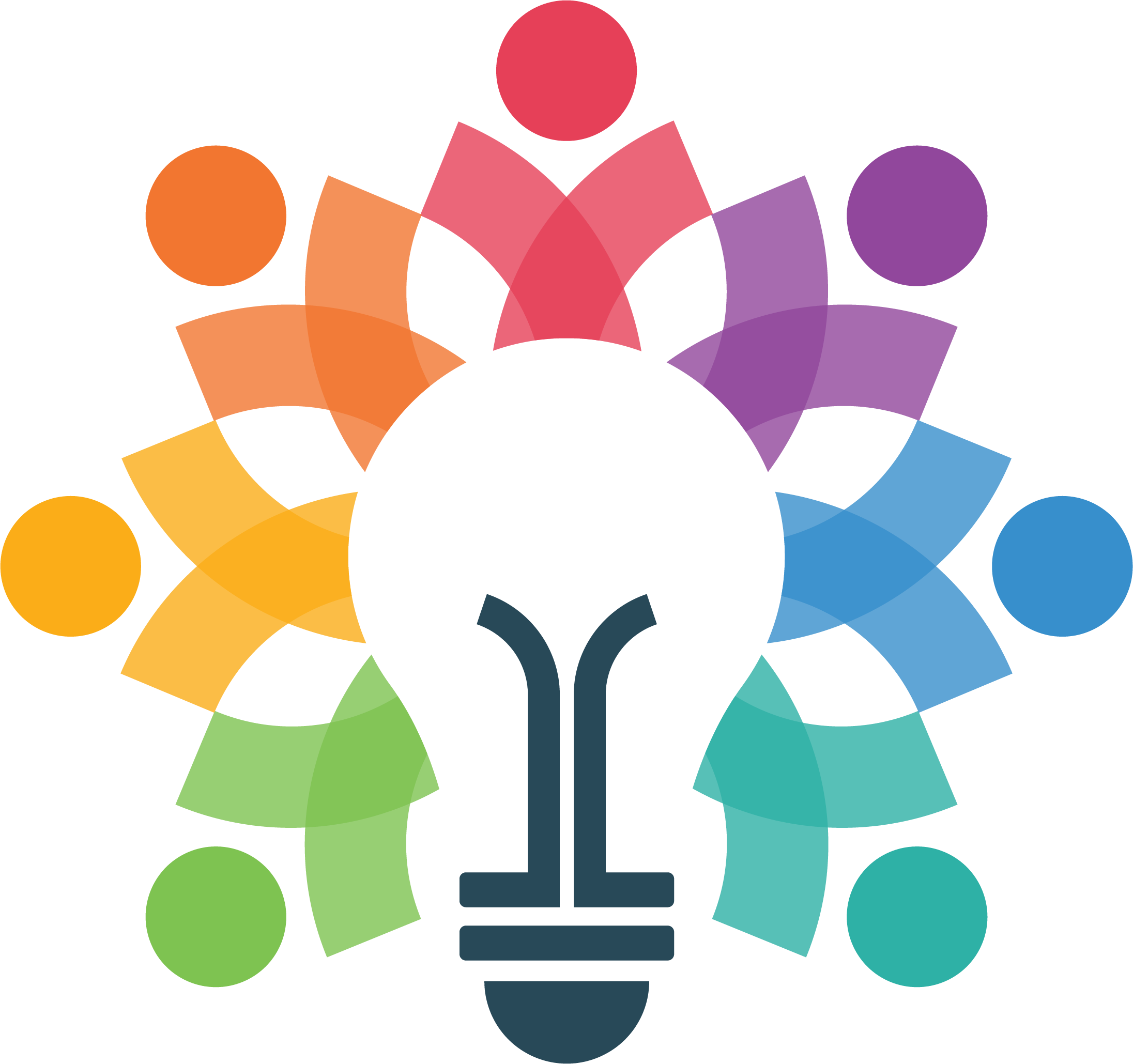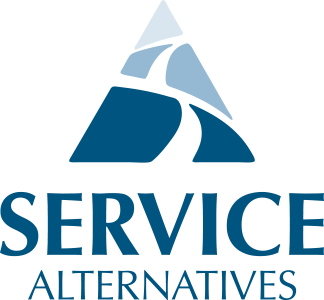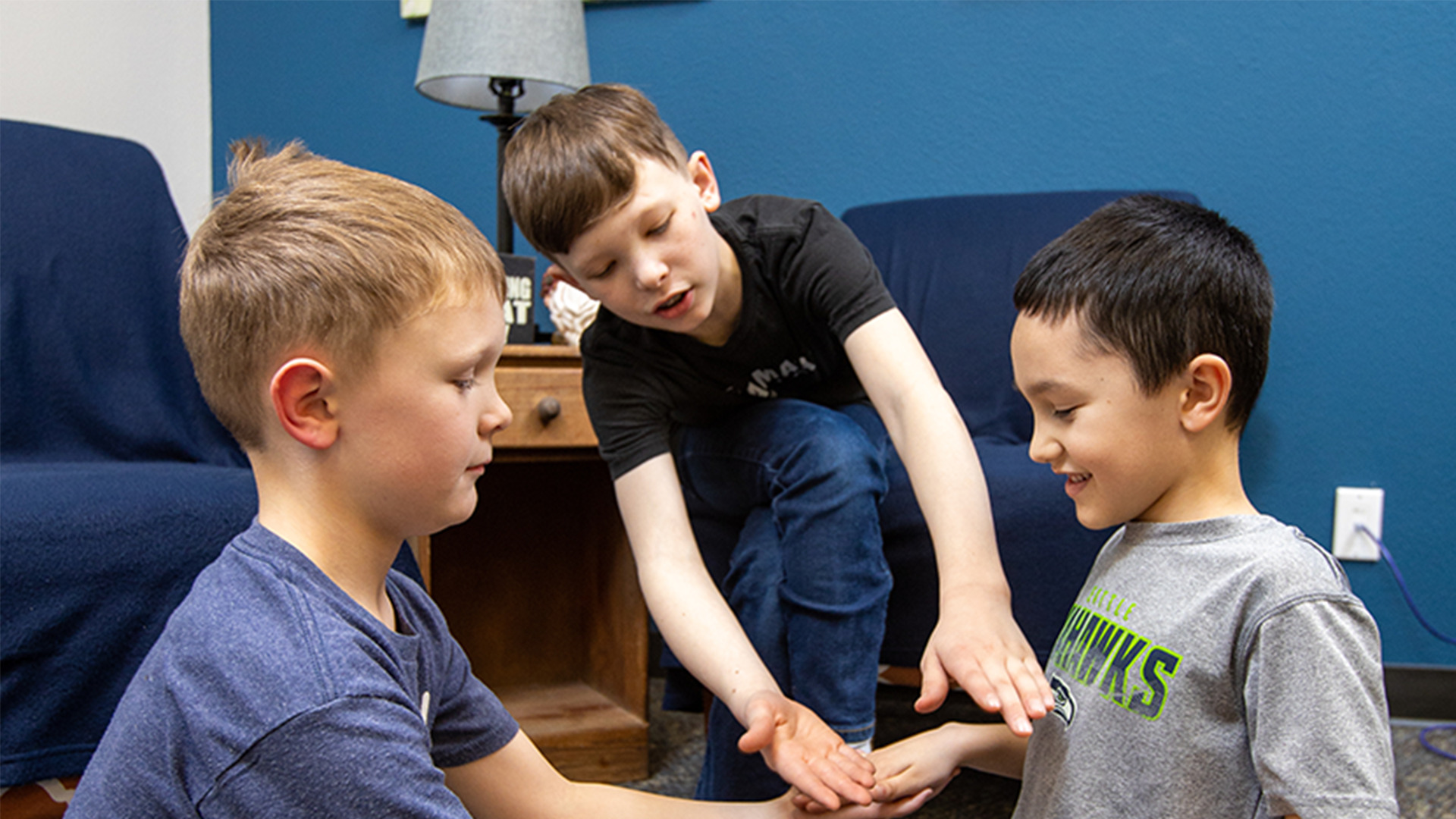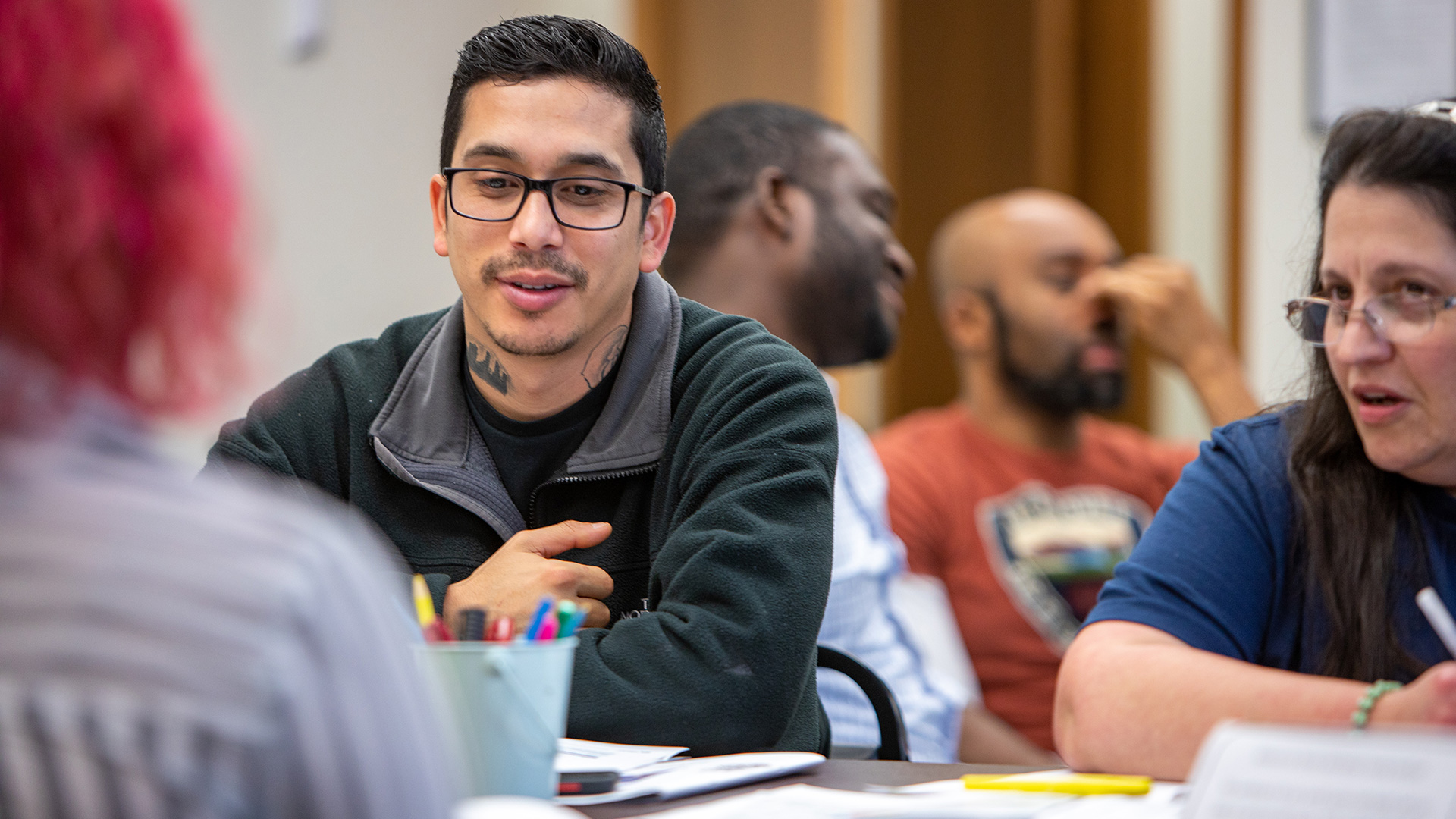
Community Engagement and Inclusion is designed for professionals dedicated to fostering meaningful connections between the individuals they support and their communities. This training emphasizes the importance of community involvement, focusing on critical areas of facilitating independence, improving mental health, and promoting emotional and social well-being.
Participants will learn how to assess and enhance a client’s readiness to engage in community activities, promote healthy and positive relationships, and support clients in building their own social networks. The training also addresses the challenges that individuals may face when engaging with the community, providing strategies to overcome barriers such as stereotypes, stigmas, and discrimination.
A key component of this training is teaching clients how to reflect on and learn from experiences, including setbacks, to foster resilience and continued growth. Additionally, participants will expand their understanding of the differences between professional caregiving relationships and unpaid support networks, as well as how clients interpret these relationships in their social lives.
Community Engagement and Inclusion is available through attending a pre-scheduled training session, scheduling an onsite session, or as a Train-the-Trainer model, allowing your organization to integrate this knowledge into your training programs. For more information or to explore your options please contact the Service Alternatives Training Institute.
Learning outcomes:
On the job, participants will:
1. Recognize why it is important that those we support are connected meaningfully in the community, with the following focuses:
a. Facilitating Independence
b. Mental Health
c. Skill Building
d. Emotional Support
e. Social Well Being
2. Identify strategies on how our clients can best engage with others and be included in
the community.
a. Accurately assess and improve the degree of client’s readiness to participate in a community activity.
b. Promote positive healthy relationships with new links in the community to
expand the client’s circle.
c. Facilitate the client engaging independently as much as possible
d. Identify barriers between connections to promote client inclusion.
3. Learn strategies for teaching people we support how to recognize possible barriers our clients might encounter while engaging in the community. Learn strategies that help clients overcome these barriers, such as stereotypes, stigmas, discrimination.
4. Teach clients to reflect and learn from failure.
5. Understand the differences between our paid relationships with our clients and unpaid supports. Examine our client’s interpretation of social relationships.
Target audience:
This training is best for direct support professionals or those who work with individuals with intellectual and/or developmental disabilities who want to support their clients in the community.
Class length:
7 hours
Workshop Details
Maximum Participants: 20
Onsite Fee: $2000.00
Instructor Certification Fee: $1499.00
Attendee Fee: $210.00





